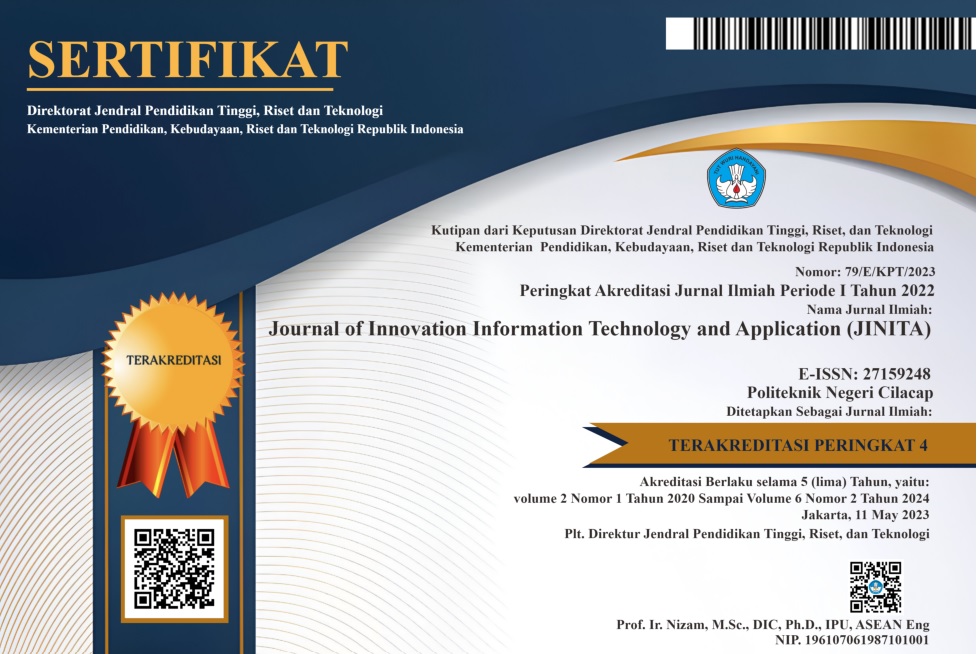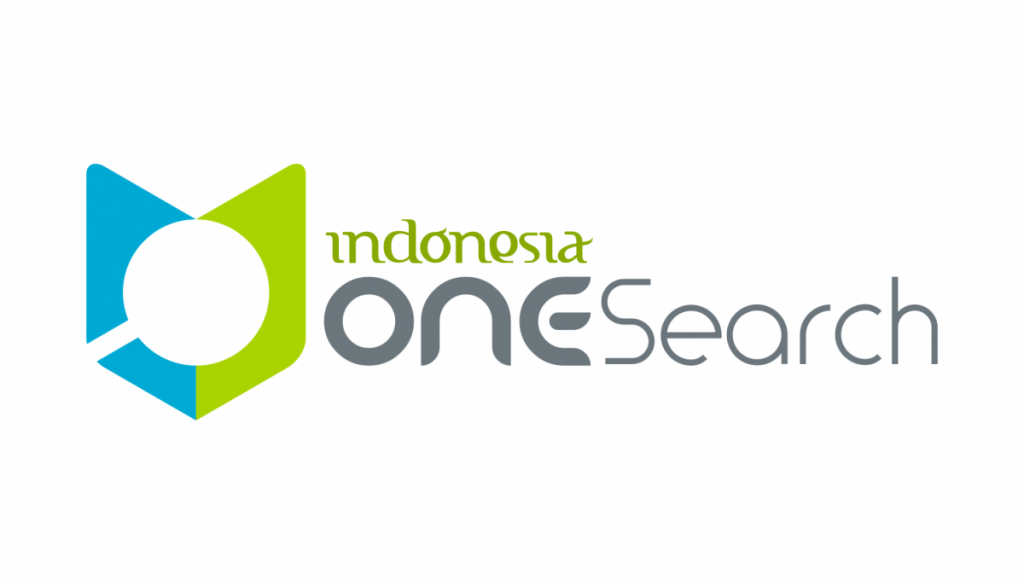Pengembangan Sistem Informasi Rehabilitasi Korban Penyalahgunaan Napza Pada Kantor BRSKPN SATRIA
 Abstract views: 135
,
Abstract views: 135
,
 PDF (Bahasa Indonesia) downloads: 128
PDF (Bahasa Indonesia) downloads: 128
Abstract
The Satria Agency for Social Rehabilitation of Drug Abuse Victims (BRSKPN) is a Technical Implementation Unit of the Ministry of Social Affairs of the Republic of Indonesia, which has the task of carrying out social rehabilitation for victims of drug abuse, and focuses on helping improve social roles and functions, as well as recovery of victims of drug abuse. The business processes carried out by the management of the Satria BRSKPN Office consist of viewing, editing, printing service data, administrative data, assessment data, WHOQOL data and others. There were problems that occurred in the rehabilitation process at the Satria BRSKPN Office, including the use of manual forms on paper sheets for the process of managing and documenting rehabilitation data. In this case, a rehabilitation information system is needed to improve rehabilitation services. The purpose of this research is to produce an information system for the rehabilitation of drug abuse victims. The information system is designed using the waterfall method. The waterfall method has the requirements definition stages, system and software design, implementation and unit testing, integration and system testing, and operation and maintenance. The results showed that the rehabilitation information system could be implemented in the BRSKPN Satria Office with the waterfall method that had been tested through the operation and maintenance stages. The rehabilitation information system was able to improve the management and distribution of information in order to facilitate the decision-making process at the Satria BRSKPN Office rehabilitation services.
Copyright (c) 2021 Journal of Innovation Information Technology and Application (JINITA)

This work is licensed under a Creative Commons Attribution 4.0 International License.
Authors who publish with this journal agree to the following terms:
- Authors retain copyright and grant the journal right of first publication with the work simultaneously licensed under a Creative Commons Attribution License that allows others to share the work with an acknowledgement of the work's authorship and initial publication in this journal.
- Authors are able to enter into separate, additional contractual arrangements for the non-exclusive distribution of the journal's published version of the work (e.g., post it to an institutional repository or publish it in a book), with an acknowledgement of its initial publication in this journal.
- Authors are permitted and encouraged to post their work online (e.g., in institutional repositories or on their website) prior to and during the submission process, as it can lead to productive exchanges, as well as earlier and greater citation of published work (See The Effect of Open Access).
















